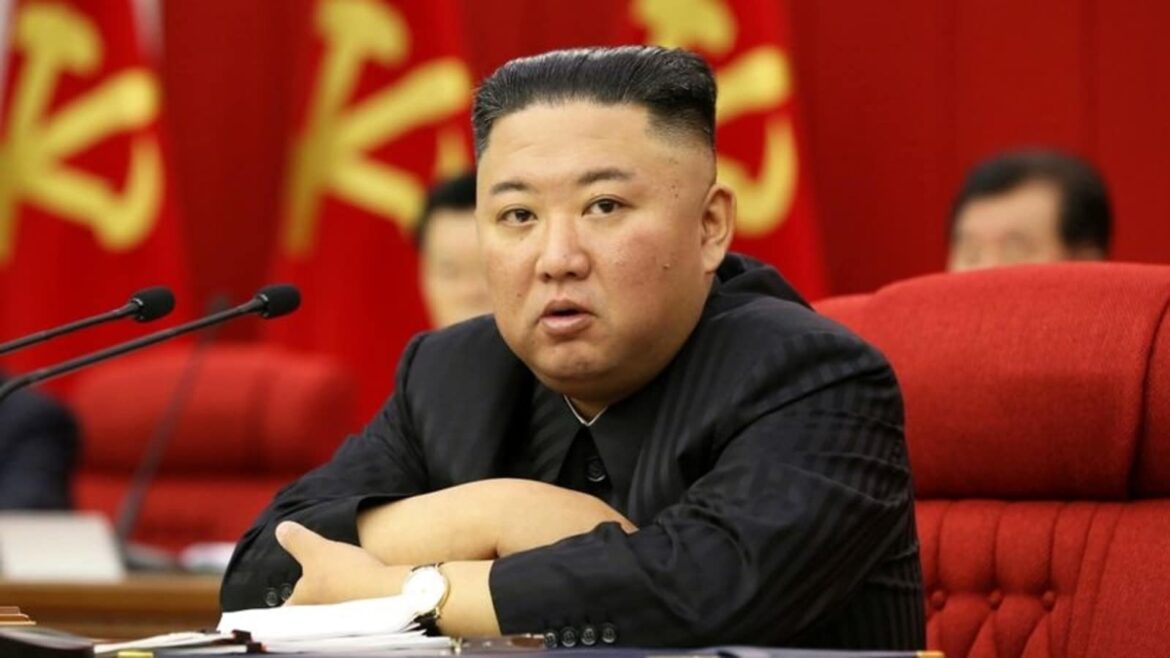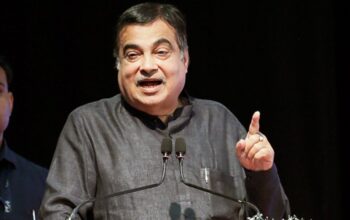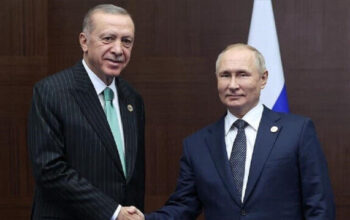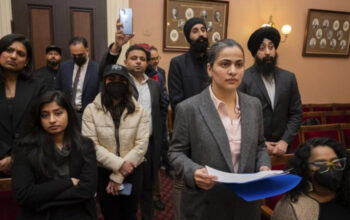The National Security Strategy Institute (INI), affiliated with Seoul’s Spy Agency, said that in his report that North Korea had rejected the Astrazeneca Covid-19 vaccine for security issues.
North Korea has refused the delivery of the covid-19 vaccine astrazeneca and was not interested in the Chinese vaccine too, a South Korean think-tank said. Covax has decided to provide nearly two million doses to North Korea under its global distribution scheme, where the Indian Serum Institute is a major contributor.
South Korea said that the first batch of Covid-19 vaccine was expected in May but delivered delivery in the midst of protracted consultations, according to the Reuters news agency. Reclusive countries have not reported one case of Coronavirus to date, there are many worried experts.
The National Security Strategy Institute (INSS), affiliated with the South Korean Spy Agency, said in his report that Pyongyang had rejected the AstraZeneca Covid-19 vaccine for security issues. Besides Astrazeneca, North Korea was also not interested in the Chinese vaccine because of concerns over their efficacy, the INSS report said.
North Korea was reported to have shown interest in the vaccine developed by Russia, hoping that the neighboring country would give a shot for free. “It leaned towards the Russian vaccine, but there were no arrangements made,” Lee Sang-Keun, a strategic research director of the Korean Peninsula in the INI, told Reuters.
Some European and US countries earlier this year stopped the provision of astrazeneca vaccines after severe blood clotting events were reported on several recipients. While the US decided not to use AstraZeneca shots, many European countries continued vaccination after a report by the European Medicine Agency (EMA) which said the benefit of the vaccine continued to exceed the risk.
But Western countries have the option to buy a high-cost vaccine developed by Pfizer-Biotech and Modera. On the other hand, North Korea depends heavily on donations because the country witnessed a serious economic decline, exacerbated by sanctions imposed by the United States.
“We continue to work with the DPRK authorities, when we work with all the countries we serve, to help respond to Pandemic Covid-19,” a spokesman for the global alliance for vaccines and immunization (Gavi) told Reuters.






